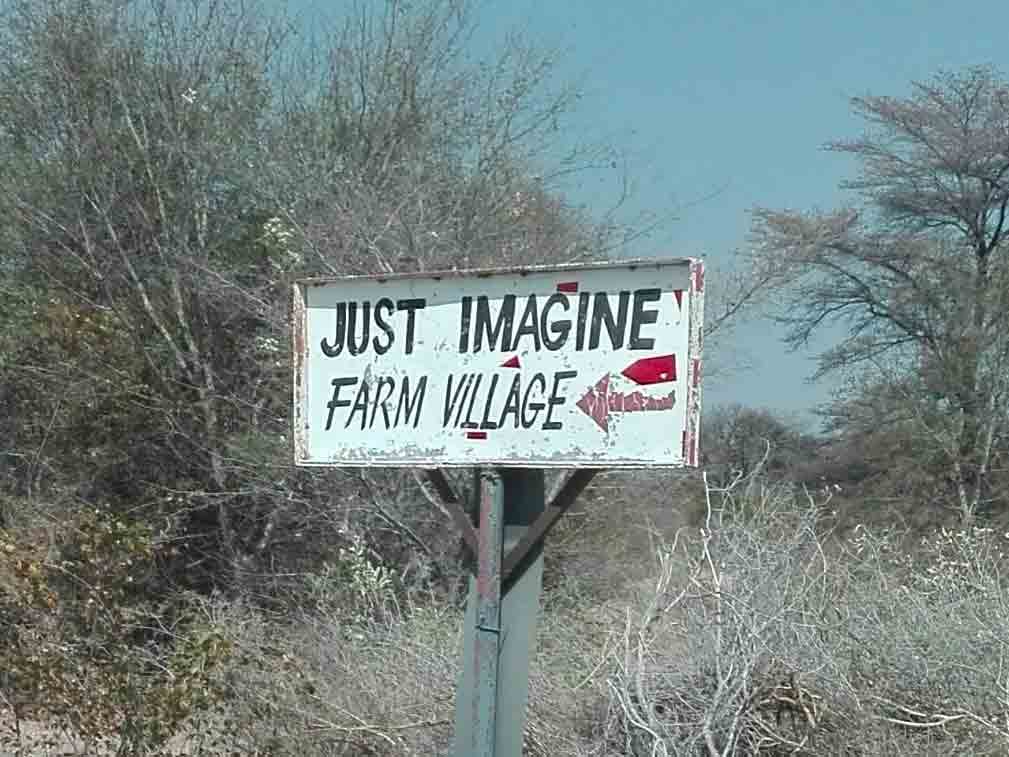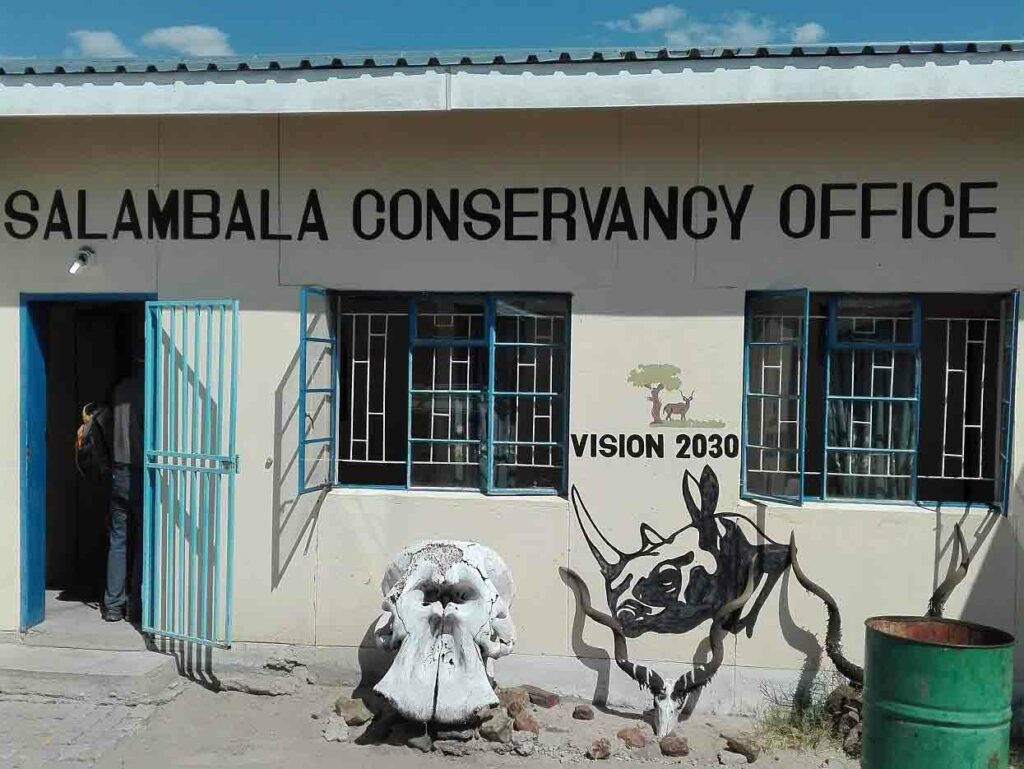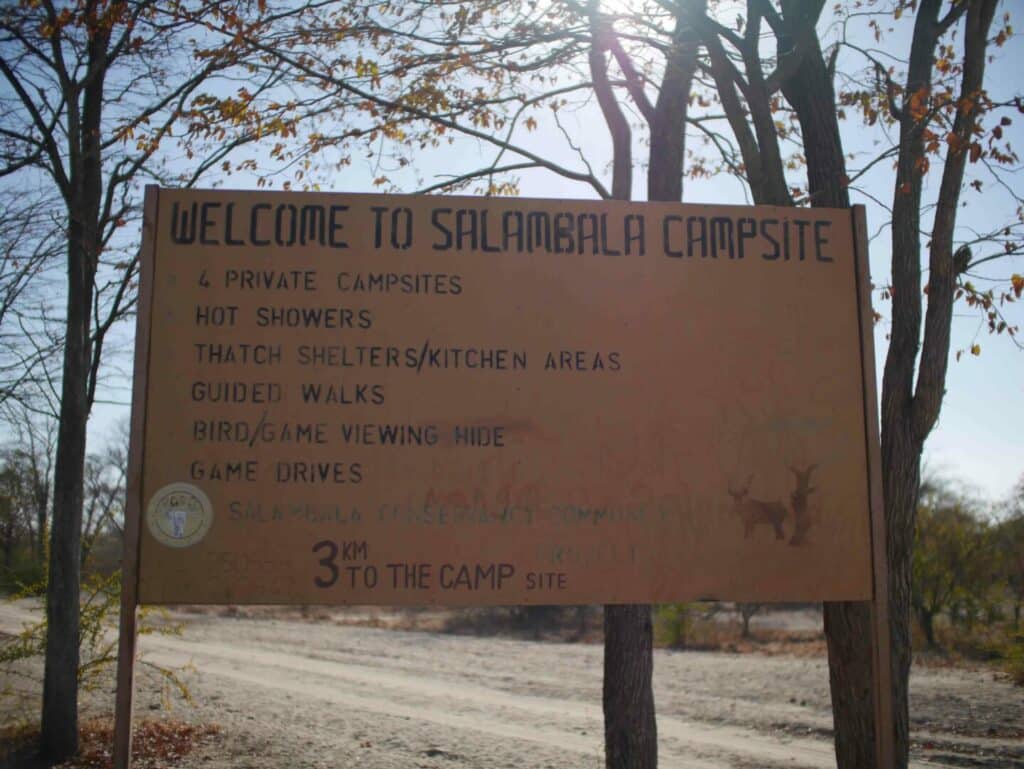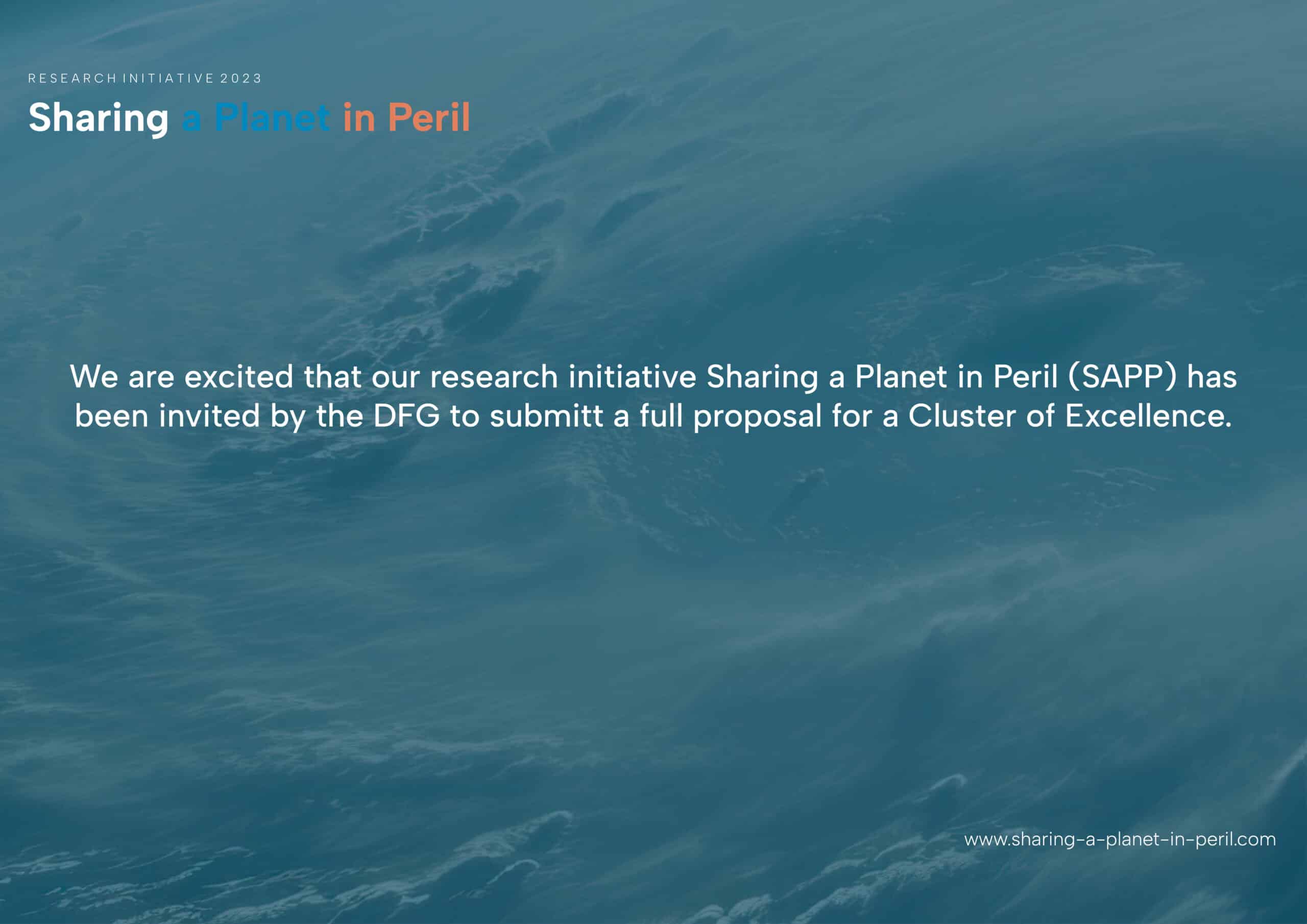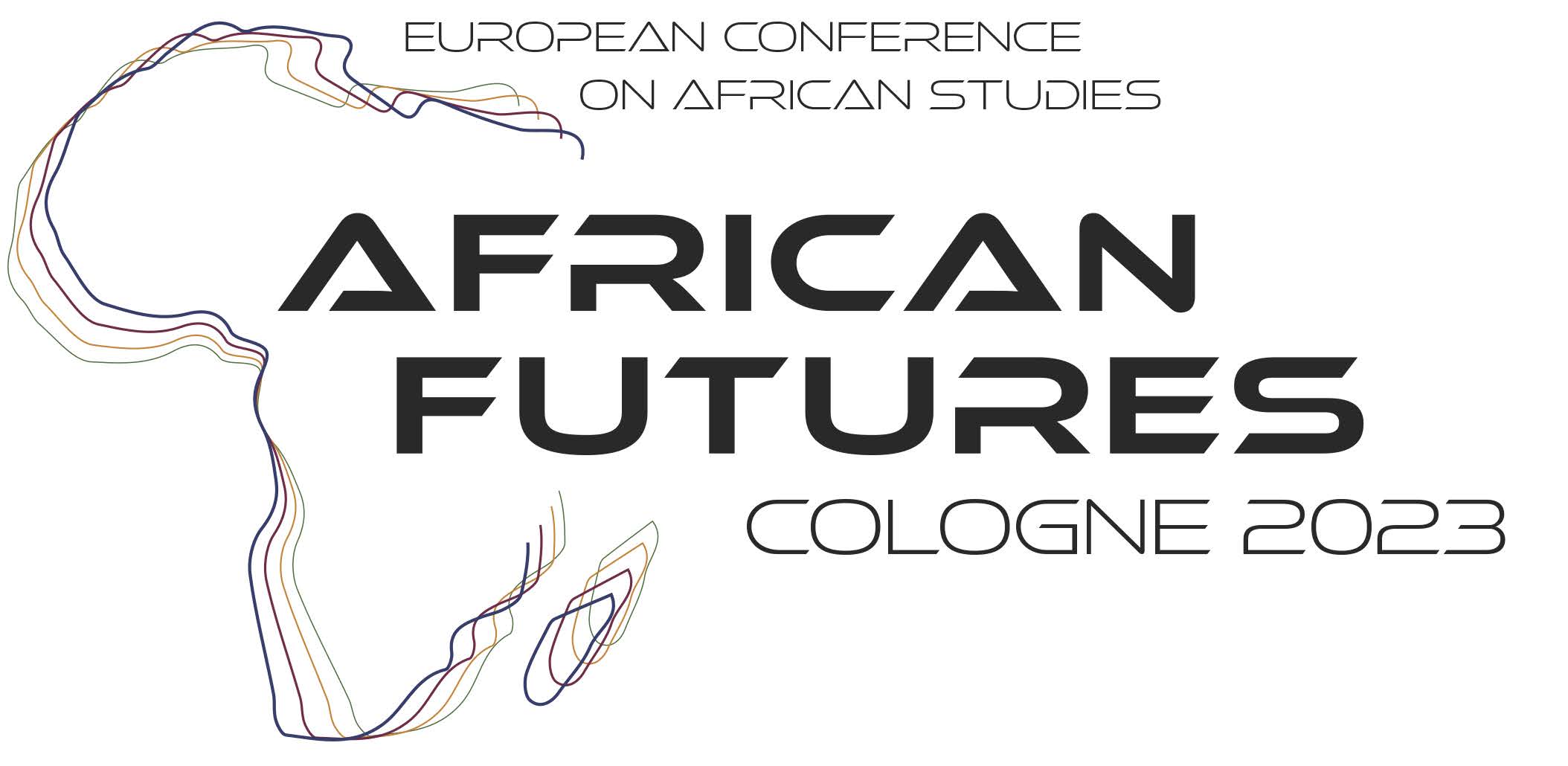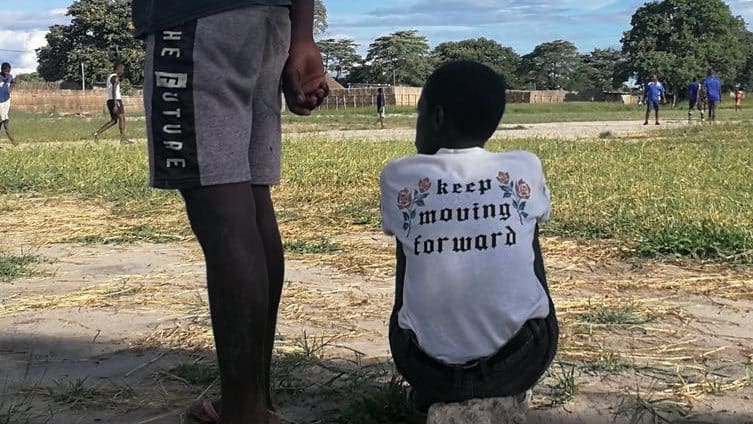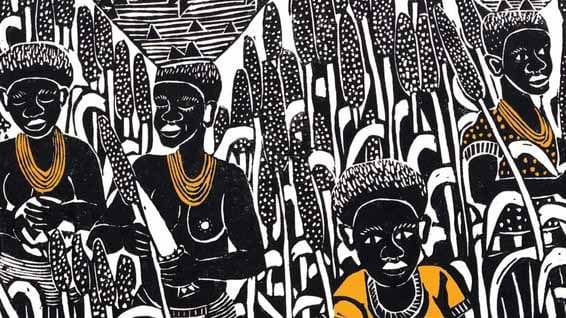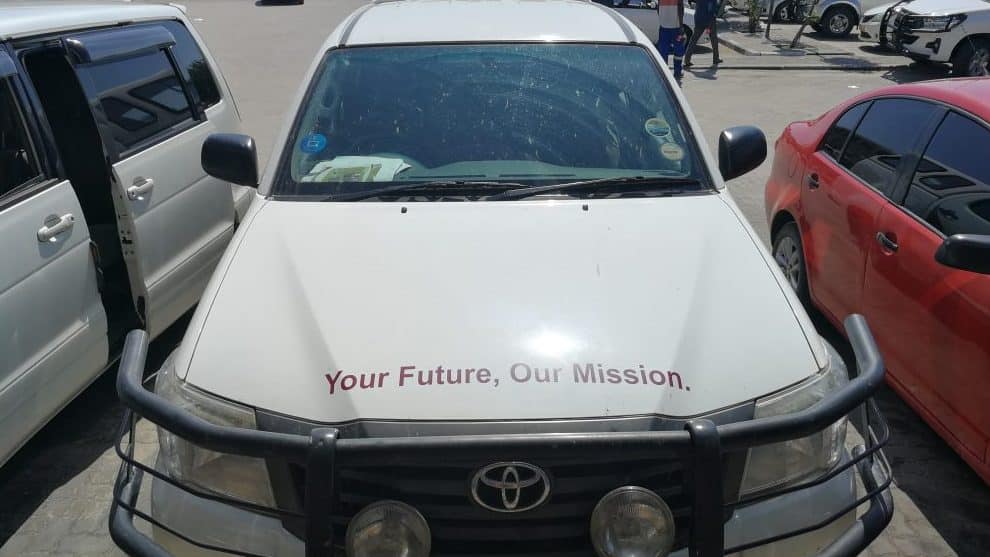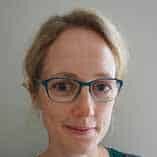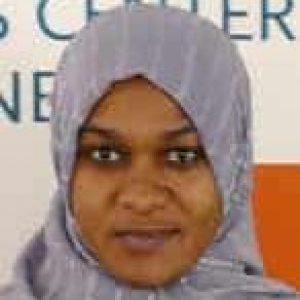CRC TRR 228 Project C05
Framing Futures
Temporal frames of reference in land conversions
C05 Framing Futures
Vision
Understand how concepts of age and generation shape temporal frames of reference in future-making and compare temporal frames of reference used by different CRC projects.
Project Summary
Generational conflict is a major concern for Africans and one that features prominently in African media. “Respect for the elders” is often invoked as the core value of African sociality, of vernacular ethics, and of African philosophies such as ubuntu. Moreover, generational conflict is a hallmark of the African experience with modernity and future-making. While Africa is demographically characterized by “the young”, it is often “the old” who continue to claim that they have prepared the ground for the future of the nation, underpinning their claims with their participation in liberation and independence movements. The question “who makes the future?” is thereby intimately tied to the ways in which “generations” and “age/elderdom” are framed. Project C05 continues research on the framing of the future and its implications for land use and the distribution of land by attending specifically to the conceptualization of generation and age in African social practice. While “future generations” are instrumentalized globally for imagining the future, the African case studies provided in this project are instances of “theory from the south” (Comaroff and Comaroff 2012) in that African contexts rely on a particularly rich spectrum of vernacular ideas and practices relating to generation and age and are characterized by particularly pronounced intergenerational debates and conflicts that are likely to foreshadow future debates about future-making elsewhere. In this second phase, research in project C05 will cover both southern Africa and East Africa in order to investigate the role of social institutions related to “generation” and “age” regarding how agents position themselves in future-making and under changing conditions for their land-use practices. The project stimulates a move from largely geocentric framings of future-making to sociocentric framings. Based on comparative research and on dialogue with African counterparts the project seeks to reflectively enhance the way in which research on the future has been conceptualized by the CRC and by the social sciences more generally.
Research Regions: KAZA TFCA, Tanzania
Problem Statement
When cooperating in changing land use and other future-making practices, people employ sometimes conflicting temporal frames of reference (TFR). TFRs employed in future-making, often involving notions of ‘age’ and ‘generation’, are largely implicit and have to be made explicit through research. Local expectations and aspirations rely on TFRs that originate in Africa but also on those imported and created in processes of linkage across scales.
Key Questions
- How are long-standing sociocentric frames relating to age and generation currently being mobilised in processes of future-making?
- How do individual actors and social groups position themselves with respect to concepts of generation, and for what purposes?
- How do intergenerational relationships affect planning for the future, and how is the future imagined from different generational positions?
Methodology
- Ethnographic comparison of regions
- Workshop on "generation" as root metaphor for future-making in collaboration with other CRC projects
- Analysis of interviews, informal conversation, and communications on social media
- Two workshops on the reconceptualization of research on the future through vernacular African forms of conceptualizing temporality
Key Findings from Phase I
In the first phase of this project we have focused on temporal frames of reference that were geocentric, i.e. primarily grounded in space and the local ecology. The PhD projects were selected and designed with regard to contrastive environmental features (forest versus flood plains) and the initial focus of field research was on patterns and variability in seasonal calendars of land use. The preliminary results also highlight geocentric aspects of temporal frames. The PhD project on the Salambala flood plain (J. Knab) shows how seasonal calendars (and related frames) are strongly connected with personal mobility, in particular movements between urban centers and the rural hinterland of the conservancy. The study on the Bwabwata Forest National Park (Ch. van der Wulp) indicates a high discrepancy between local frames (of harvesting wild food for instance) and imposed external frames (of trading and regulating access to wild food) and the political conflicts arising from this discrepancy.
One of the main results of the first phase is that time frames are being standardized and made "legible" by the state very much in parallel to what has been described for the spatial domain (see Widlok, Knab and v.d. Wulp in press), including National Parks (see Widlok and Nakanyete submitted). This corresponds with the more general observation that research on cultural (including cognitive and linguistic) frames of reference regarding time has been strongly influenced by research on models of space (see Widlok 2021 and in press). We were able to show how agents make choices from the repertoire of temporal frames at their disposal which undermines the classification of agents into African or European cultural types.
Relation to the CRC
By bridging southern Africa and eastern Africa in the second phase, project C05 joins forces with other projects that aim at pursuing qualitative comparisons across regions. The project explicitly turns reflectively to address the work of the CRC at large. Most projects in the CRC have an implicit or explicit bias towards space and locality in their investigations of future-making. The particular orientation of C05 in the second phase can be instrumental in generating debate within the CRC as to how this bias can be best redressed by building on research focused on sociocentric temporal framings.
Publications
Widlok, T. & Nakanyete, F.(in press), ‘Framing the future in national parks’, in Greiner, C. & Bollig, M. (eds), African Futures.
Widlok, T., Knab J & Van der Wulp, C. 2020. ‘“#African Time: Making the future legible’, African Studies. DOI
Widlok, T. (in press), “Cultural Relativity of time concepts” In: Anthropological Linguistics: Perspectives from Africa (ed. by N. Nassenstein, A. Mitchell and A. Hollington). Leiden: Benjamins.
Widlok, T. 2021. A primer for interdisciplinary research on time and future concepts. CRC/TRR228 Database (TRR228DB). DOI: 10.5880/TRR228DB.12
Widlok, T. 2020. ‘Who is poor and what is poverty anyway?’, in R Bussmann (ed), Poverty in early civilizations, Habelt, Bonn.
Widlok, T. 2019. ‘The world as garden, laid in value chains’, Environmental History, vol. 24, no. 4, pp. 665–735.
Widlok, T. 2019. ‘Domesticating categories of the wild environment: Eliciting cultural models of nature among Hai//om’, in G Bennardo (ed), Cultural models of nature, Routledge, New York, pp. 219-228.
Widlok, T. 2019. ‘Human-lion relations’, in T Breyer & T Widlok (eds), The situationality of human-animal relations, transcript, Bielefeld, pp. 203-219.

